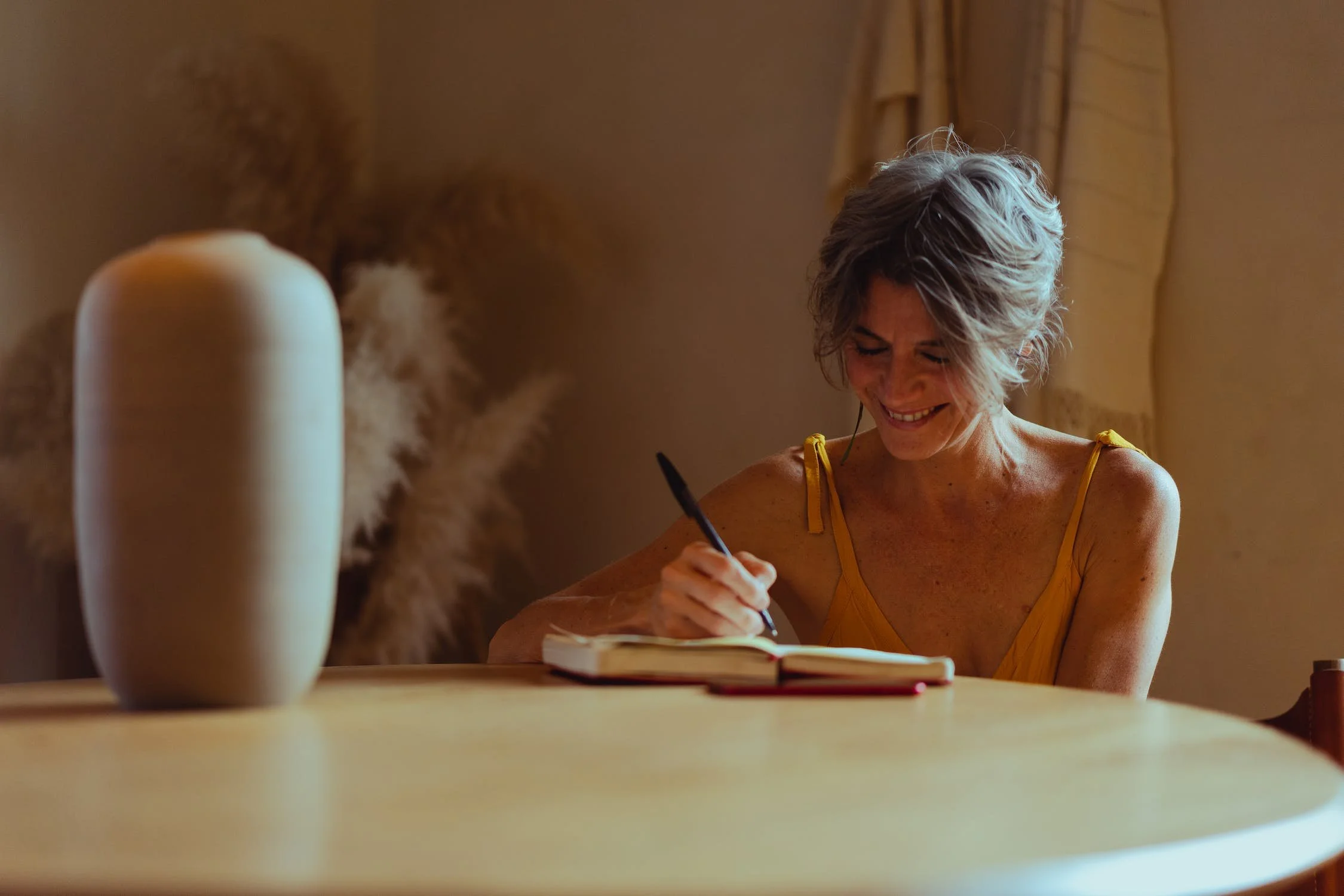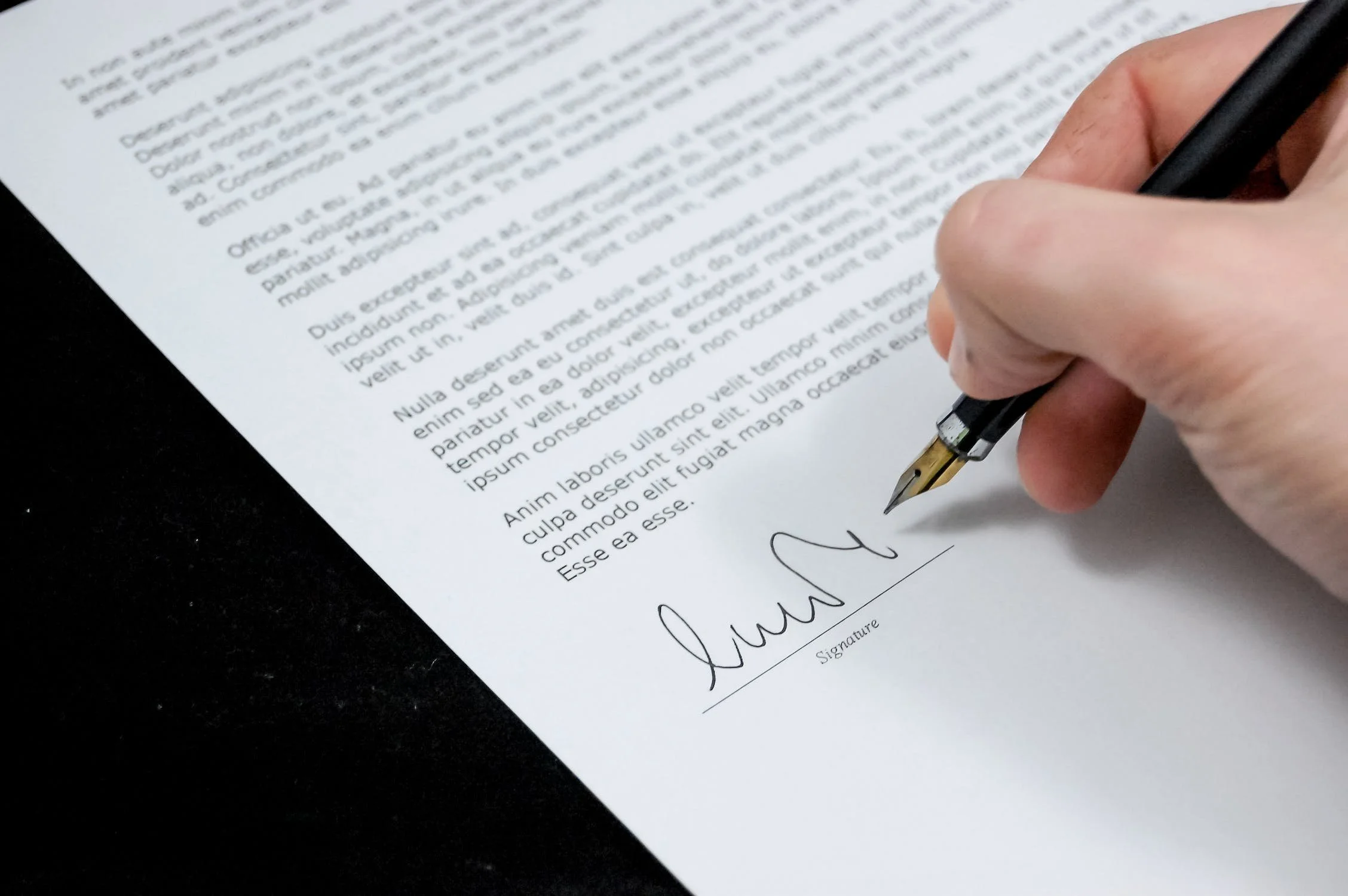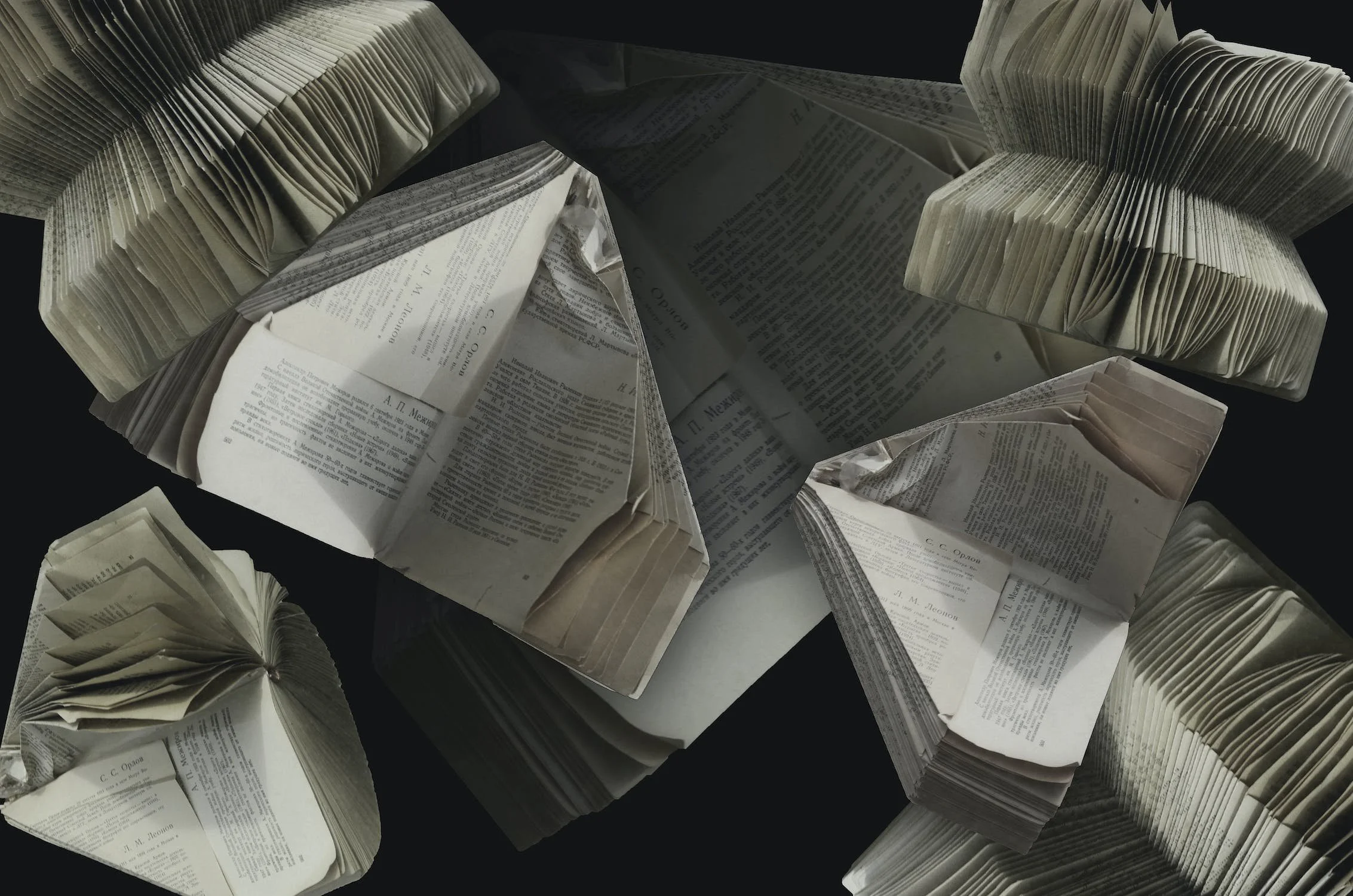I was a monk in many ways, an ascetic living a simple life in upstate New York just outside of the Catskill Mountains. I studied martial arts, meditated, worked at a restaurant, and wrote a lot.
I didn’t want love or friendship. I wanted to be alone.
My mother had died a couple of years earlier. My family had been torn apart, and I was seeking respite from the complexities of life: a break from the demons calling me to join her.
I worked on my first manuscript, Dawn, about young love, cancer, and family dynamics. It had all the makings for commercial success. The story was universal.
It was an homage to my mother, who had lost her battle with cancer after a double mastectomy and brutal napalm for the body chemotherapy. My father was alone now. My childhood home outside NYC was under contract to be sold so we had to move, and the Florida home she picked out was also. We had no choice but to leave our home and neighborhood behind. The idea had been to get her out of the rat race and move closer to the beach, where she could rehabilitate. My father had quit his job at a prominent college to become her nurse. She was skin and bones and would often fall, struggling on her way to the bathroom.
Read More



















